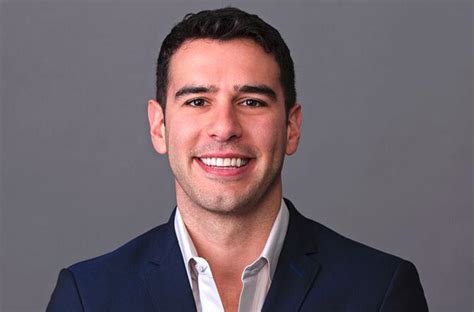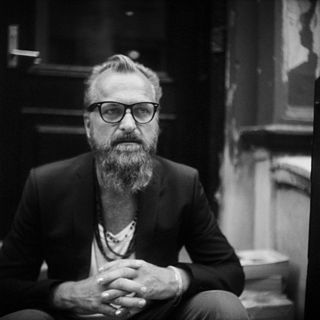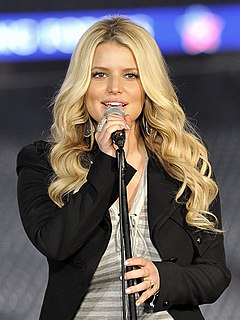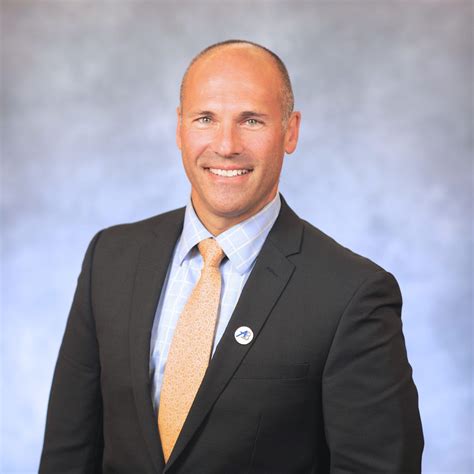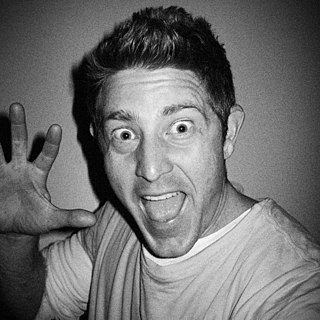A Quote by Fat Joe
Talking to people from the heart matters, and it's unfortunately something brands have forgotten about. Celebrity endorsement deals try to gain recognition for brands, but at their core, what matters is if the celebrity truly backs the brand.
Related Quotes
Coming to LA and working with brands connected with celebrity was a very different experience. I thought it was interesting to work with someone like Justin Timberlake and to work with the phenomenon of celebrity in the U.S., and also to take on the challenge of taking a celebrity brand and adding credibility to it.
Between the time I first started working in advertising in 1998 and now, the word brand has replaced identity. We are no longer individuals so much as we are brands. We're individual brands. Individuals are basically left to define their individuality by staying off the internet, which in and of itself can be a brand, the opting-out brand.

